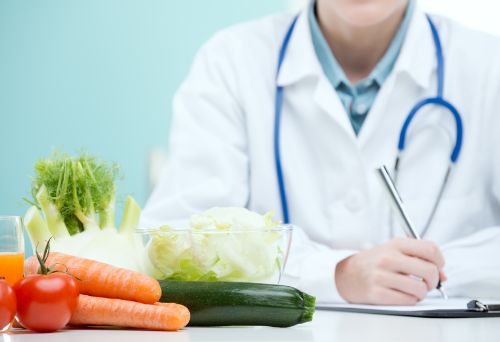
A good diet is a very important part of a healthy lifestyle. If you have low back pain, diet becomes even more important. Here’s why:
- There is a strong link between weight gain and back pain.
- The 4th and 5th lumbar discs bear the majority of the weight and stress of the upper body. That’s why these discs are most likely to rupture.
- If you are overweight, there is already an excess amount of stress on these discs, making injury and degeneration more likely.
- If you’re not overweight, a back injury can cause you to become sedentary. This can lead to unwanted weight gain, thus further stressing an injured back.
- Since exercise may become difficult after a back injury, diet takes a greater role in maintaining your health and weight.
- Diminished physical activity after a back injury while maintaining the same food consumption will lead to weight gain. Counting calories and watching what you eat can help.
- According to nutritionists, some foods may help your pain by reducing inflammation. This includes naturally pigmented produce like carrots, beets, sweet potatoes, cherries, berries, grapes and watermelon.
- Herbs and spices like basil, ginger, rosemary, garlic, oregano, curcumin and turmeric are felt to be rich in anti-inflammatory agents as well.
- Omega 3 rich coldwater fish like salmon, black cod, tuna and trout are meaty and tasty ways to increase your body’s ability to fight inflammation. Omega 3 fish oil supplements have been studied in a surgical journal and have been found to be a good alternative to taking Ibuprophen.
- Red wine contains resveratrol, another anti-inflammatory substance. Having a glass with dinner may be a healthy way to enjoy.
- What to avoid? The usual suspects. Processed foods, fast foods and saturated fats. These foods may not only fuel inflammation but they are also calorie rich and can add to weight gain and pain. Also, avoid excessive alcohol use.

